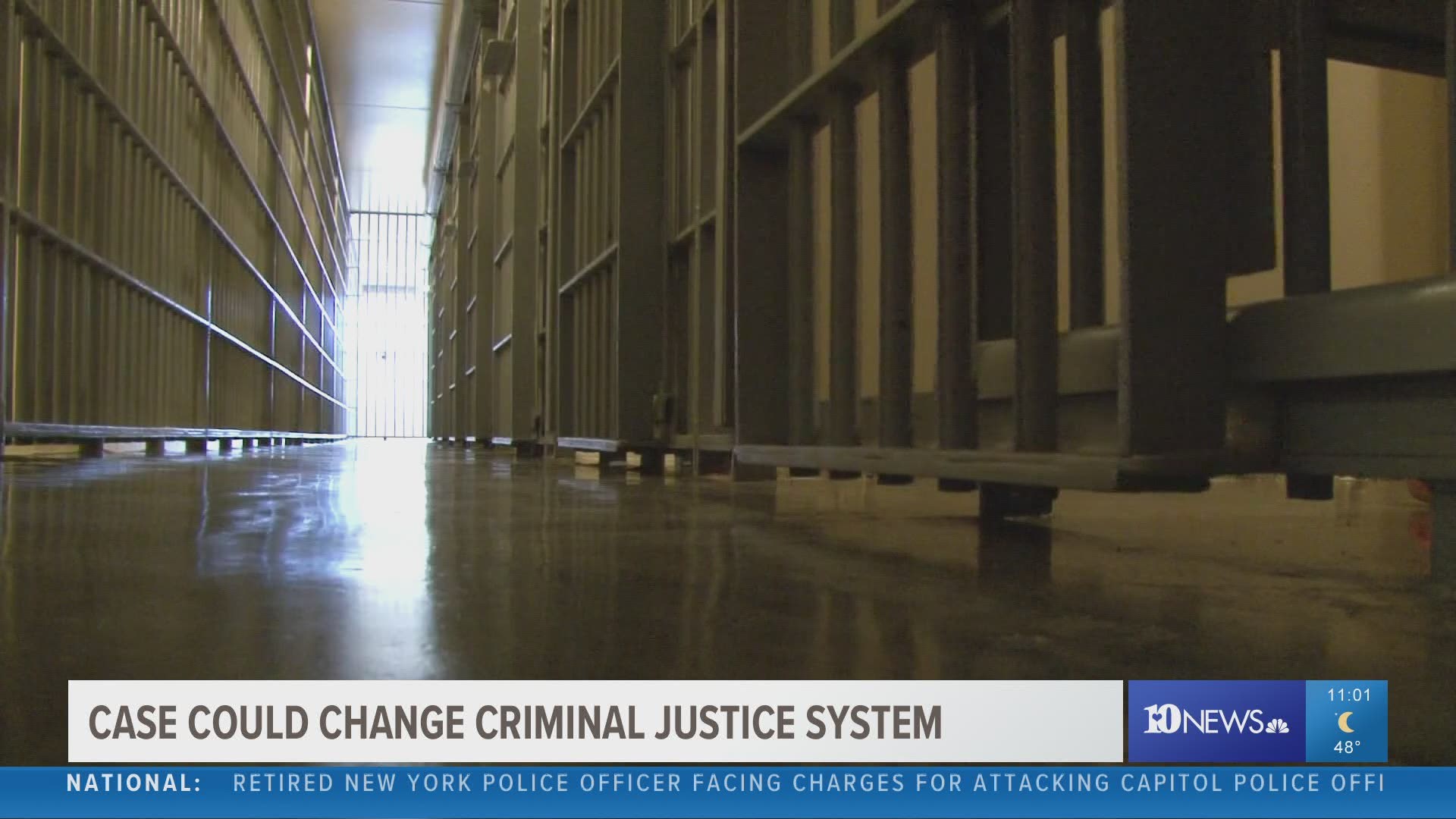KNOXVILLE, Tenn. — 51 years — that's the minimum amount of time a child must serve if convicted as an adult of a felony and premeditated murder in the state.
The law has been in place since 1995.
"Our sentencing scheme of children connected to first-degree murder is if not the harshest in the US, one of the top two," said attorney Chloe Akers.
While most states have re-evaluated their sentencing structures, Tennessee has not. Now one Knoxville case is paving the way to bring change to the state's criminal justice system.
In November 2015, 16-year-old Tyshon Booker was involved in a fatal shooting in Knoxville. He was later charged with murder and given a life sentence, having to serve 51 years at a minimum.
"There is no determination of their rehabilitation, treatment or progress in prison. They must serve 51 years," said Akers.
Booker's legal team, Akers, is working to change that minimum sentence.
"Why his case? Because it's time. This sentencing structure has been challenged since 1995," Akers said.
She also said if the Tennessee Supreme Court ruled in his favor, Booker's sentence would convert to pre-1995 law, which means eligibility for parole after serving 25 years in prison.
"These children should not be cast aside and thrown away," she said.
Akers said Booker grew up in a traumatic environment which impacted his development. She said that many children who face similar sentences grew up in communities that were plagued by violence.
He's been evaluated numerous times and is subject to rehabilitation in prison, but isn't given the chance.
Akers said that 77% of the around 185 inmates in the Tennessee Department of Corrections currently serving a life sentence for crimes committed as juveniles are Black. She said that the state as a society must do better.
"We're at a time in our nation's history where we start understanding the systemic racism behind these policies," she said.
She hopes the state understands how it could change society and give children in these situations hope for a better future.
"I think for so many disenfranchised members of society in communities struggling with poverty and violence, all too often they're told the same thing. 'That's just the way it is,'" she said. "It feels really good to maybe be able to say that’s not the way it should be and not the way it’s going to be anymore."
There's no cap on how long it will take the Tennessee Supreme Court to make a decision. It could be a few months or even as long as a year.
The argument will be streamed via YouTube at 9 a.m. February 24.

